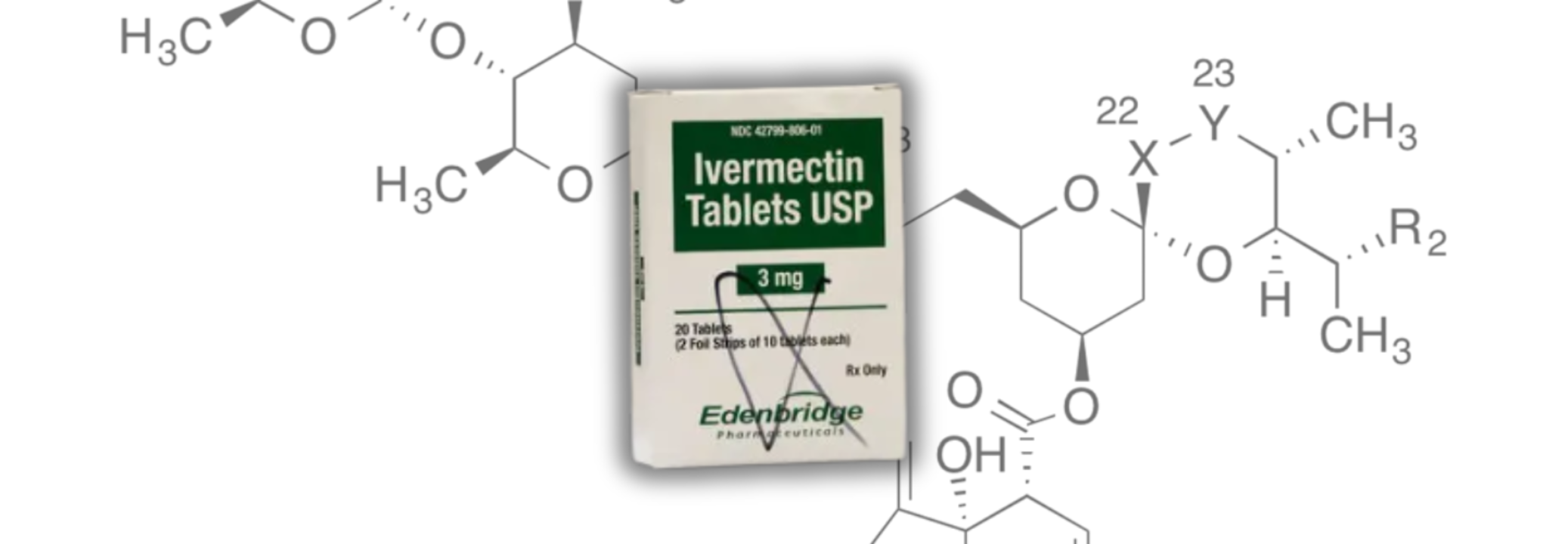Why Everyone Is Suddenly Talking About Ivermectin As A Cancer Breakthrough?

SummaryDespite viral claims, there’s no clinical evidence that ivermectin treats cancer in humans; experts warn it may cause harm, distract from proven therapies, and offer dangerously false hope to patients.
End of Article
